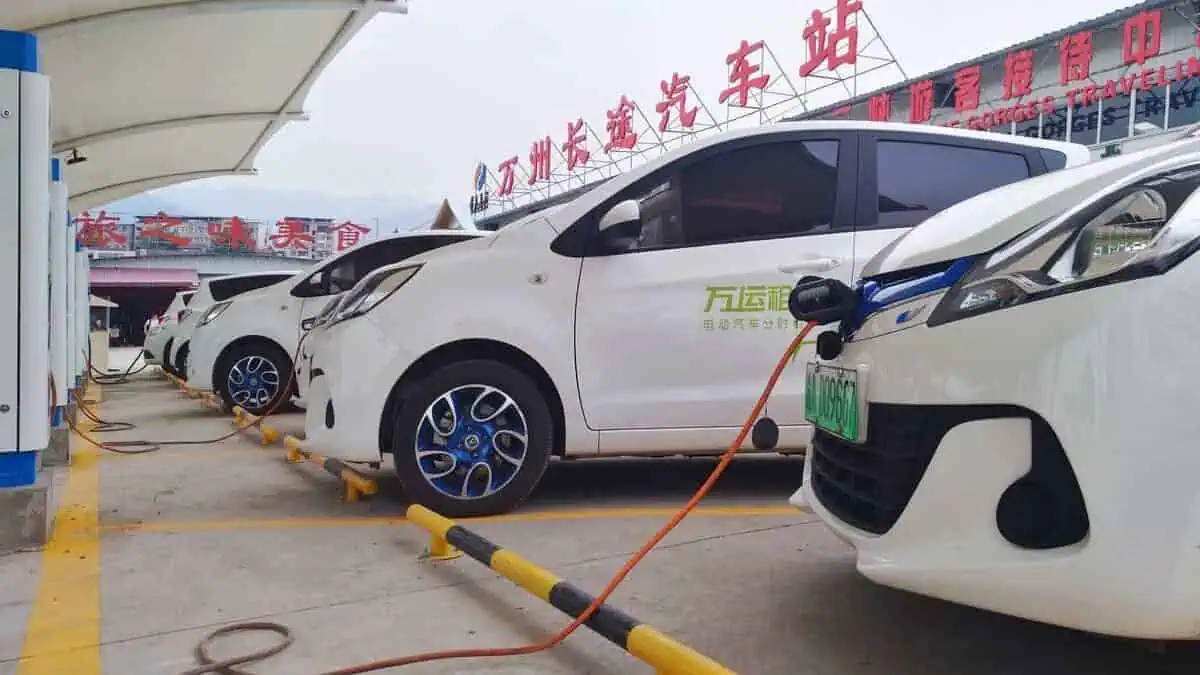XPeng Inc.’s first-quarter revenue forecast was completed, but the company’s net loss enlarged due to supply chain disruptions.
On Monday, XPeng Inc., a start-up Chinese electric vehicle maker, reported a revenue increase of 152.6% for the first quarter, which met analysts’ projection; however, it reported a net loss that is doubled compared to last year.
The company’s quarterly revenue of 7.4 billion yuan (US$1.2 billion) was in line with the analyst expectations of 7.4 billion yuan by eight analysts polled by Bloomberg. However, its net loss grew to 1.7 billion yuan from 786.6 million yuan a year earlier, slightly worse than the analysts’ prediction of 1.67 billion yuan.
XPeng delivered 34,561 vehicles in the first quarter of 2022, representing a 159 percent year-over-year increase. Despite the impact of COVID-19, their monthly deliveries surpassed 15,000 units in March, demonstrating a return to the same robust levels as the previous year’s peak season.
He Xiaopeng, chairman and chief executive of XPeng, said during its first-quarter earnings call:
“Based on our earlier judgment of the supply chain risk in 2022, we have stepped up our preparation for our supply chain and build inventory for some key components.”
He added, “During such a challenging period, we heightened our focus on strengthening our core capabilities. We work to reinforce our supply chain system and R&D capability, advancing our core competencies to better position our company amid the ongoing challenges of industry-wide auto part shortage and cost inflation.”
He also said that they have partnered with several industry-leading battery manufacturers since 2021 to expand their battery supplies.
Automakers in China, the world’s largest vehicle market, have been hampered by Covid-related lockdowns that have disrupted operations at manufacturers with operations in the country, such as Tesla and NIO.
The automaker also stated that for the second quarter of 2022, vehicle deliveries are predicted to range between 31,000 and 34,000, and total revenues are expected to range between RMB 6.8 billion and RMB 7.5 billion.






